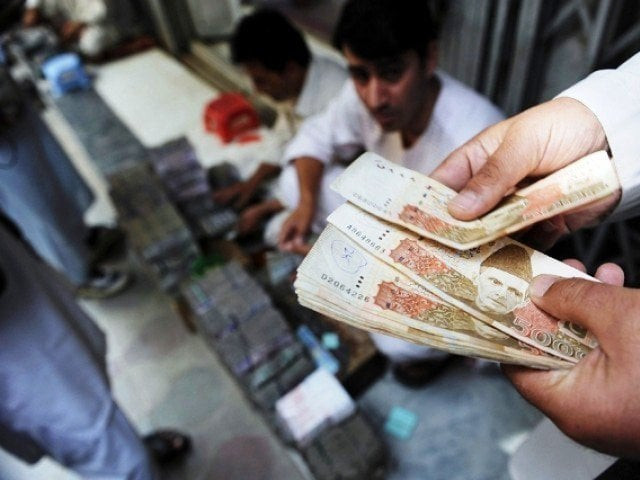GSMA seeks relief in Budget 2025-26
Says taxes too high, calls to ease burden on mobile users

The GSM Association (GSMA), a body of mobile operators, has called for reducing taxes and fees in the telecom industry in the upcoming budget 2025-26.
In a letter to Federal IT Minister Shaza Fatima Khawaja, GSMA's Head of Public Policy and External Affairs for Asia Pacific, Jeanette Whyte, argued that lowering sector-specific taxes would make mobile services more affordable, particularly for low-income users.
"A more balanced tax framework would also improve the financial sustainability of operators, allowing them to invest in expanding networks and upgrading to next-generation technologies," GSMA said.
"Our analysis of 2024 data from mobile operators in Pakistan reveals that the sector contributed approximately 42% of its revenue in taxes and fees, 18% of which came from sector-specific charges applied exclusively to the mobile industry. This tax burden is significantly higher than the South and Central Asia average of 26%, and exceeds levels seen in other regions," GSMA added.
The GSMA is a global organisation that unites over 1,200 members of the mobile ecosystem to discover, develop, and deliver innovations that are foundational to positive business environments and societal change.
Over the past decade, Pakistan's mobile sector has experienced significant growth, with the 4G coverage now reaching approximately 84% of the population.
Mobile technology has delivered life-enhancing benefits, promoting financial inclusion, expanding access to educational resources, and enabling connectivity for businesses, all contributing to the country's socioeconomic development.
However, mobile service adoption remains low, with a usage gap of 59%, the second highest in South Asia. Only 24% of unique subscribers in Pakistan use mobile internet, leaving 74% of the population unconnected, including 59% who have access to mobile internet but are not using it.
Mobile connectivity is a crucial driver of economic growth. According to ITU estimates, a 10% increase in mobile broadband penetration can raise GDP per capita by up to 2.43%.
In Pakistan, the significant usage gap represents a missed economic opportunity. This also affects mobile network operators, constraining their revenue potential and, in turn, their ability to sustain quality services, expand coverage, and invest in next-generation technologies.





1733130350-0/Untitled-design-(76)1733130350-0-208x130.webp)













COMMENTS
Comments are moderated and generally will be posted if they are on-topic and not abusive.
For more information, please see our Comments FAQ